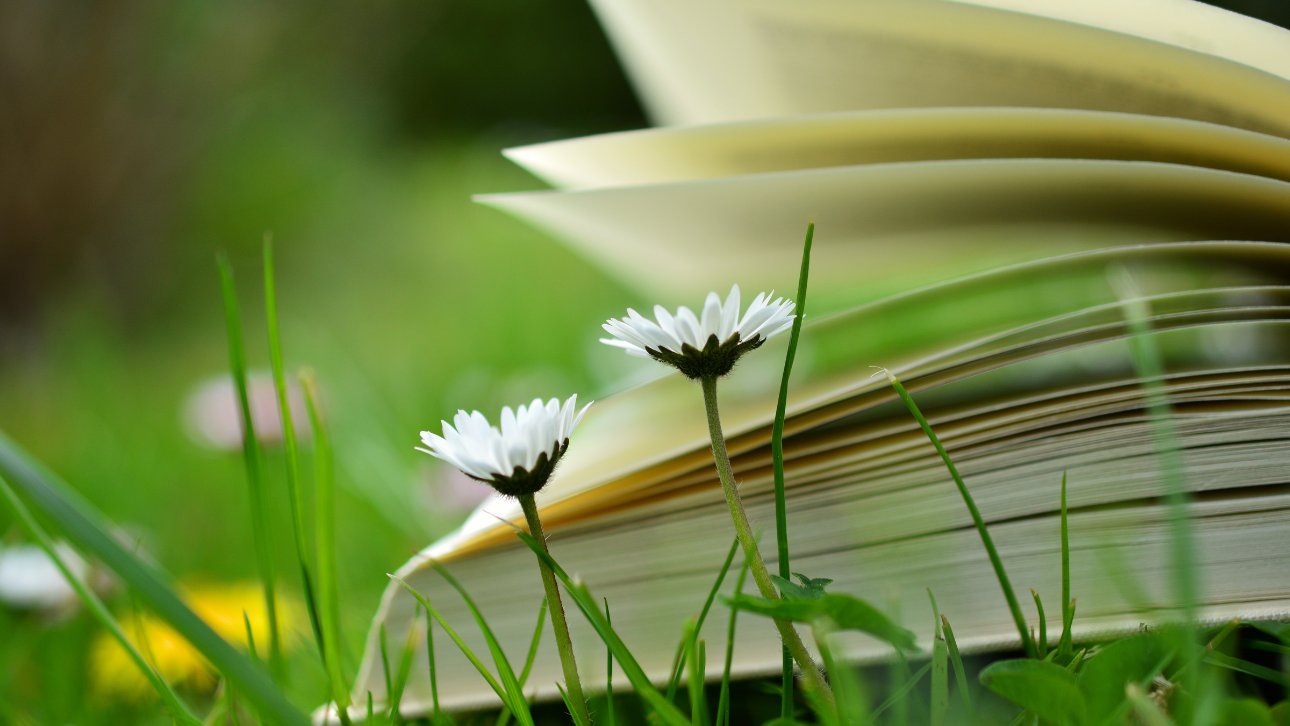
The world is in the middle of an environmental crisis. Climate change is driving increasingly extreme weather events, environmental degradation and food and water insecurity. There is little doubt that these changes have been driven by human behaviour. The pollution responsible for changing temperatures has become the largest source of disease and premature death in the world. And the problems have been made worse by intensive resource extraction and biodiversity loss. According to the UN secretary general, António Guterres, ‘Humanity is waging war on nature’.
The UN’s stance highlights the importance of the environmental humanities. If the crisis is anything like a war, we need to understand more than the underpinnings science. We need to understand instead how these challenges are shaped by human beliefs, values and behaviours. Environmental historians began to address these issues when the field emerged in the 1970s. More recently, there have been attempts to link their work with other forms of historical and humanities scholarship, with the environmental humanities referring to the interdisciplinary study of human interactions with the natural environment.
The growth of the environmental humanities comes at a time when historians are increasingly concerned with the reach they have beyond academia. Whether from a profound belief in the radical potential of public history or because of more strategic concerns about impact and engagement, historians have used the past to provide evidence about past circumstances and to provide analogies designed to disentangle contemporary problems. How might this work be brought to bear on the biggest challenge facing our world?
This workshop will focus on the different historical lenses that can be brought to bear on the environment and their potential to reach audiences beyond academia. It is designed to his seminar is designed to bring together historians, policymakers, members of think-tanks, interested academics and members of the public.
The programme will draw on five case studies:
Thanks to funding from the British Academy a small number of bursaries are available to enable unwaged PhD and early career researchers to attend this workshop. The bursary can be used towards travel, accommodation and reasonable expenses.
Applicants should complete the following form by midnight on 19 January 2024: https://rb.gy/wfq5r1
Please send any bursary enquiries to Dr Andrew McTominey at A.W.McTominey@leedsbeckett.ac.uk
All welcome- This event is free to attend, but booking in advance is required due to a limited number of places.
This event is a collaboration between Dr Henry Irving, Leeds Beckett University, the Institute of Historical Research and History & Policy and the SAS Environmental Humanities Research Hub.
| ← | January 2025 | → | ||||
|---|---|---|---|---|---|---|
| M | T | W | T | F | S | S |
| 30 | 31 | 1 | 2 | 3 | 4 | 5 |
| 6 | 7 | 8 | 9 | 10 | 11 | 12 |
| 13 | 14 | 15 | 16 | 17 | 18 | 19 |
| 20 | 21 | 22 | 23 | 24 | 25 | 26 |
| 27 | 28 | 29 | 30 | 31 | 1 | 2 |
Sign up to receive announcements on events, the latest research and more!
We will never send spam and you can unsubscribe any time.
H&P is based at the Institute of Historical Research, Senate House, University of London.
We are the only project in the UK providing access to an international network of more than 500 historians with a broad range of expertise. H&P offers a range of resources for historians, policy makers and journalists.